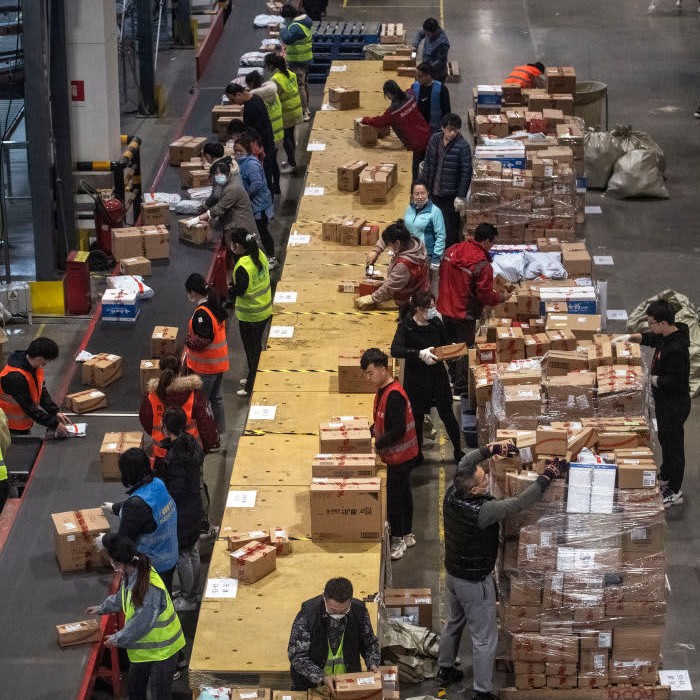Published:
While Black Friday is the biggest shopping day of the year in the United States, bringing in over 65 million dollars last year, there is another, even larger-scale shopping holiday that many don’t know about: Singles Day.
Singles Day, also known as “Double 11,” is an unofficial Chinese holiday that began in 1993 and was initially named Bachelor’s Day. It is on November 11 and showcases four singles alongside each other. Instead of celebrating your love and affection for a partner, this is an anti-valentines day of sorts, where singles celebrate their love for themselves through gifting presents to themself. There are commonly social gatherings and parties accompanied by this holiday as well.
Companies have taken advantage of this holiday by not only offering sales on 11/11 but turning it into an online sale extravaganza lasting multiple weeks. The revenue created by these sales last year is incomparable to other shopping events like Cyber Monday, Black Friday, and Prime Day, as they accounted for over 1.15 trillion yuan (almost 158 million U.S. dollars). Alibaba, one of the biggest e-commerce platforms of today and currently taking up a quarter of the world’s e-commerce markets, was one of the first companies to promote sales for double 11, starting in 2009. However, most of China’s e-commerce platforms now participate in Singles Day sales.
The Singles Day cyber sales cover infinite product categories. However, Chinese consumers are less focused on buying more expensive items, such as home appliances and furniture, that American Black Friday and Cyber Monday shoppers are interested in buying. Instead, Chinese consumers are more interested in essential items and lifestyle products. Some examples of popular necessity items purchased during the Singles Day sales are tissues, handwash, instant noodles, pet food, vitamins, supplements, athletic wear, and sports equipment. Additionally, some shoppers will allow small indulgences related to dining out or traveling.
Chinese companies aren’t the only ones reaping the benefits of Singles Day. Many American companies are benefiting as well. For example, Singles Day has increased Nike, Lululemon, Estee Lauder, and Procter & Gamble sales. These increases are a direct result of these companies’ large presence on Tmall, another popular Chinese e-commerce marketplace that took part in the Singles Day sales.
Additionally, companies take a few common approaches to increase their Singles Day Sales as much as possible. The first is understanding their target demographic-unmarried individuals. Thus, they want to emphasize the ideas of self-gifting and self-care in their marketing campaigns. The next step is explicitly implementing exclusive deals only available during the weeks leading up to Singles Day and peaking the sales on 11/11. Implementing a buy-one-get-one (BOGO) approach is commonly paired with this strategy, as customers are more likely to buy more when they feel they’re getting the best bang for their buck and can only do so for a limited time.
Lastly, ensuring that purchasing platforms are user-friendly is essential. 80% of Singles Day sales were made on a mobile phone in 2020. Customers who can’t easily navigate the website or app on their phone will be less inclined to buy. Therefore, investing extra funds into IT services is advisable to support this effort. One practice that has been seen to work in the past is to make the purchasing process feel similar to playing a game. Adding common elements of games can increase customer acquisitions by up to 700%.
Singles Day has persistently increased in popularity over the years. It will only continue to grow, and if companies take the recommended marketing approaches, they will have the opportunity to grow concurrently.
File under






